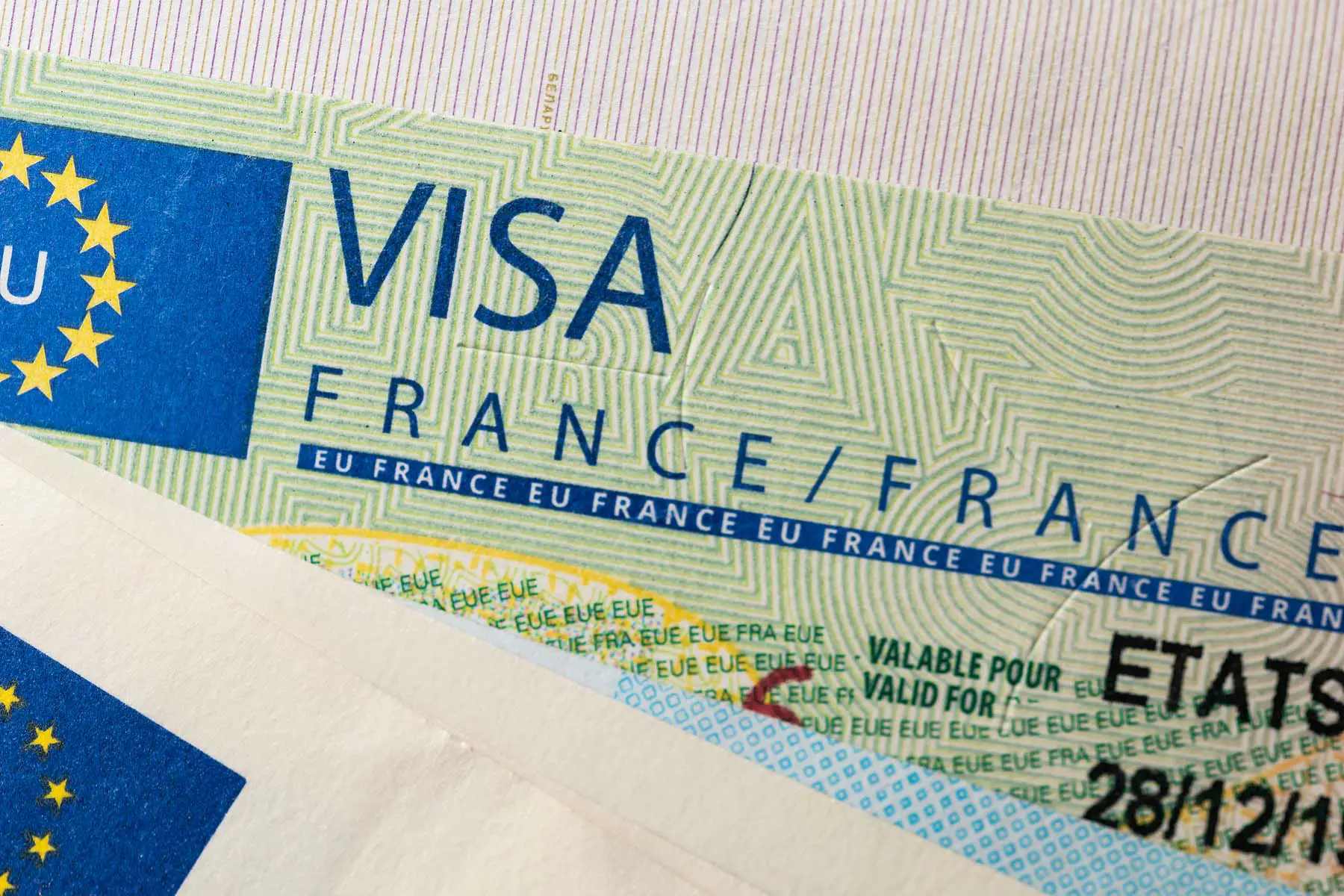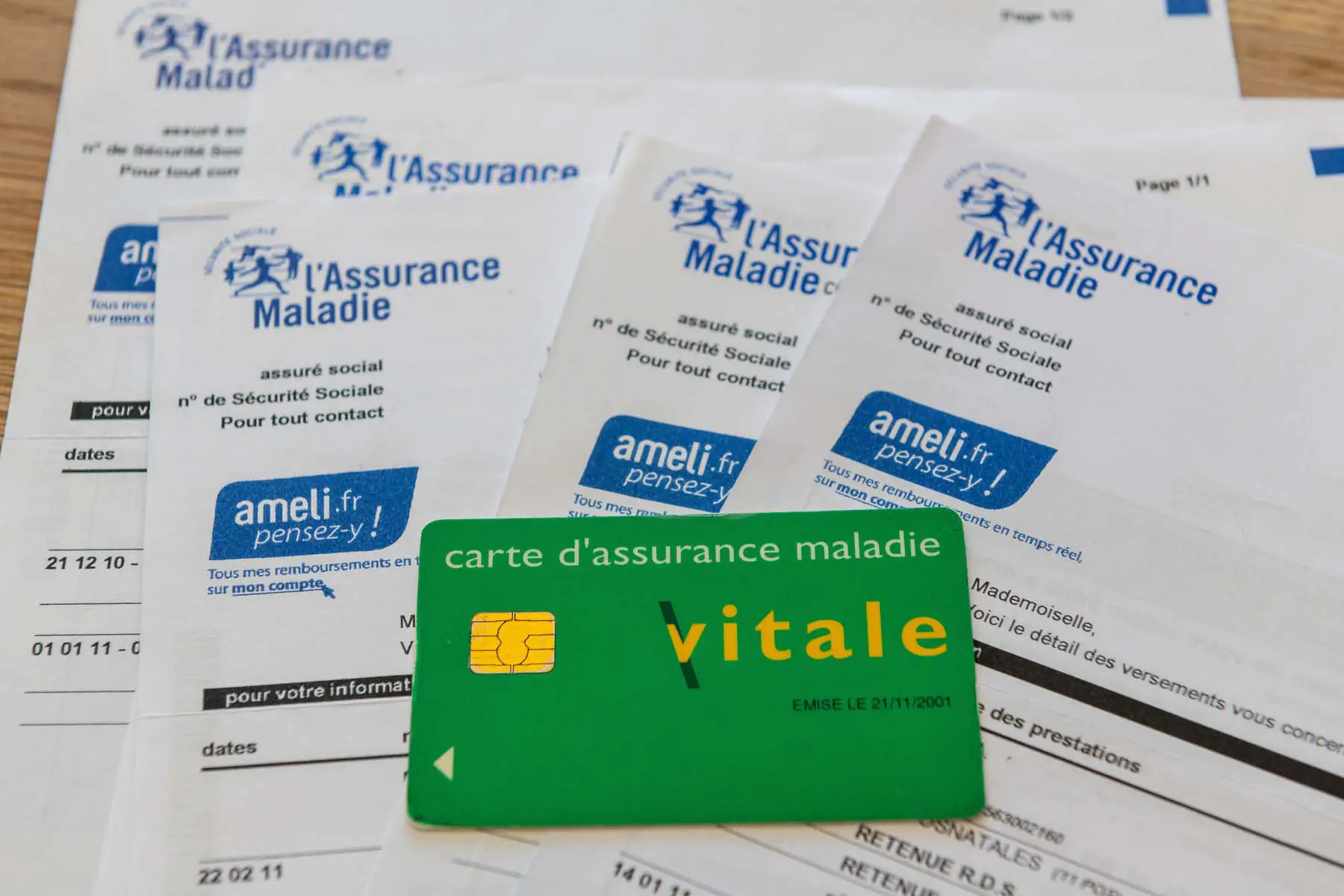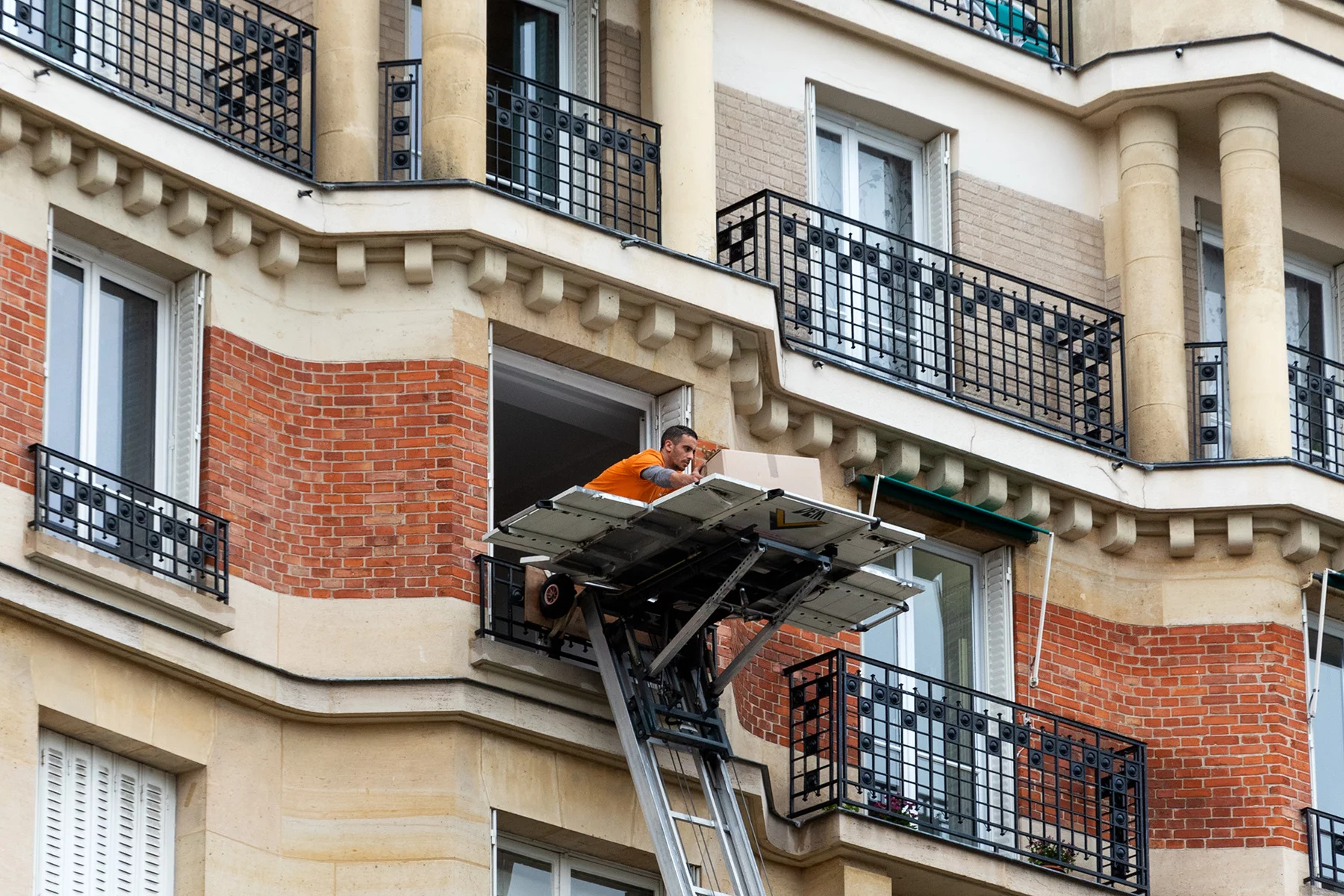France is undoubtedly one of Europe’s most beautiful countries. From the rugged peaks of the Alps and the Pyrenees to the sweeping beaches of the Atlantic coastline, there is plenty to fall in love with. And that’s without exploring the many historic cities, the vibrant culture, and of course, the delicious French cuisine.
But it’s not just visitors who love France. On the contrary, the country is also popular among expats looking for a little joie de vivre. However, whether you’re dreaming about starting a new life in Montmartre or Montpelier, there are a few things that you should consider before making the big move, such as visa requirements and housing options. To give you an idea of what you need to do, this helpful checklist includes everything you need to think about before moving to France.
- Do your research
- Decide where you want to live
- Arrange your French visa
- Move your belongings to France
- Arrange your pet’s move to France
- Think about health insurance
- Start looking for a job
- Sort out your finances
- Find somewhere to live
- Think about French education
- Get an International Driving Permit
- Brush up on your French
- Indulge in French culture
AnyVan
Stressed about moving to France? AnyVan’s expert movers, flexible scheduling, and unbeatable prices (up to 40% cheaper) make international moves effortless. They handle everything from packing and customs paperwork to logistics – so you can just breathe. Join over 3 million satisfied movers.
Do your research
For many people, the thought of living in France conjures up images of sipping on a café au lait under the Eiffel Tower while being serenaded by a local accordionist. After all, it’s easy to get swept away by the romanticized depiction of the country that we so often see in movies. However, in reality, everyday life in the country is a long way from Hollywood, and it’s essential that you take a closer look into what France is actually like before making the move.

Your research should cover everything from the general cost of living and the price of groceries at your local supermarket to the quality of schools in your neighborhood. You might also want to connect with the local expat community in the area you are moving to. To give you a running start with your research, check out these three articles:
Decide where you want to live
Once you’ve done some research and realized just how much you like the sound of French life, your next step is to think about where you want to live. For some expats, this will be decided by outside forces, such as family commitments or a job offer. However, if your options remain open, make sure you give plenty of thought to where you want to settle. After all, it’s going to be your next home away from home.

As you might expect from a country of its vast size, France is a land of contrasts thanks to its varied geography. While some expats will seek the hustle and bustle of Paris, others will flock to the verdant rural communities or head to the resorts of the mountains and coastline. For more information on where you could move to, read our guide to the best places to live in France.
Arrange your French visa
Once you’ve decided to move to France and picked out which department you want to call home, you’ll need to work out your visa options. France is a member of the European Union (EU), which means that if you’re a citizen of an EU/EEA member state, you have the right to move there under the Freedom of Movement Act. However, if you’re a UK citizen, you’ll need to check the latest visa requirements from the French government.

If you’re not from an EU/EEA country, then you may need a visa to even enter France for a short period of time. However, the requirements depend on your nationality, so make sure to check ahead of time to avoid any disappointment. To stay longer than 90 days, non-EU/EEA citizens must apply for a long-term French visa (visa long de séjour) and residence permit. For more information, read our guide to French visas.
Move your belongings to France
One of the most important aspects of international relocation is working out how to transport your belongings and this process will largely depend on where you are coming from. Some expats find international removals a daunting task, so make sure you start early and give yourself plenty of time to pack things up ahead of the move.

The Relocator
Pitching up in Paris or saying bonjour to Bordeaux? Wherever you’re heading, take the stress out of your move to France by letting The Relocator find the right international shipping options for you. Compare a number of trusted international movers and get a free quote in minutes. Wherever life in France takes you, get there with The Relocator.
Getting your belongings across borders and oceans can seem like a challenge, but it doesn’t have to be. Many expats prefer the security of using a global relocation company. These know all about personal and corporate relocations and should be your first port-of-call for the move. They also provide storage options which can be a great help if you don’t already have a home arranged in France. Relocation companies include:
For more information on preparing your move, read our guide to relocation options for moving to France.
Arrange your pet’s move to France
Fortunately for animal lovers, France is a great place for pets. Whether you have a dog that will love running along those Normandy beaches or a cat that will enjoy basking in the warm Mediterranean sun, they will get to live their best life in l’Hexagone. But if you want to relocate with your furry friend, sorting out their needs should be high on your checklist for moving to France. Just be prepared for the fact that the process can be a lengthy one depending on where you are moving from. This is especially true if you’re arriving from a non-EU country, so be sure to start sorting things out early.

While it’s important to know the rules and requirements for importing a pet into France yourself, there are also plenty of options to help you out. Many relocation companies, for instance, can help arrange your pet’s journey; from getting the right paperwork to arranging any accommodation your four-legged friends might need along the way. And while the journey might be a little stressful for your pet, rest assured that they will soon fall in love with their new home in France.
Think about health insurance
French law dictates that all residents must have health insurance, and that includes all new arrivals. Most expats moving to France are eligible for the local universal public healthcare system, Protection Maladie Universelle (PUMA). However, if you’re not eligible for the PUMA – or you simply want to top-up your protection – then you might want to take out private health insurance.

Luckily, though, there are plenty of options when it comes to getting health insurance in France. Many international arrivals choose to take out a policy with a global health insurance provider, such as the following:
Sorting out your health insurance coverage ahead of time can give you and your family peace of mind while you are busy sorting out your move to France, particularly if certain details are yet to be confirmed.
If you’re only moving to France for a short time, you might consider getting travel insurance. Companies such as Allyz offer this.
Start looking for a job
Some expats moving to France will be lucky enough to already have a job offer secured before they even step foot on French soil. However, for many others, relocating to France means getting straight out there on the job market. If this sounds like you, then you can give yourself a headstart on the competition by starting your job search before you leave home.

Generally speaking, the French job market is fairly varied geographically, with some regions and cities being much more buoyant than others. And if you’re still working on improving your language skills, you’ll probably find more job opportunities in one of the big French cities. However, if your French is fantastique, then you’ll find a lot more doors open for you. But either way, you should get a head start on your competition and ensure that your resume is written in the local French style.
Sort out your finances
When moving abroad, it’s important to have a good idea of your financial situation throughout the process. After all, even when relocating with the intention of keeping costs down wherever possible, you’ll soon be surprised by just how fast your money goes. Unfortunately, there always seem to be additional payments and costs that even the most well-planned move doesn’t account for.

To ensure that you keep costs to a minimum when transferring funds overseas, you’ll need to use an online money transfer platform. These can be a great way to avoid bank charges while moving money across to France while helping tide you over until that all-important first paycheck. Some of the leading money transfer services include:
For more information, read our guide to making international money transfers.
Find somewhere to live
Dreaming of that cottage in Provence? Or maybe a chalet in the mountains? Whatever your perfect French home looks like, chances are you’ll need to find short-term accommodation to tide you over when you first move to France. Not only is this typically the easiest accommodation to find, but it will also give you plenty of time to get your bearings and decide where you and your family want to live in France.

Some expats will be lucky enough to have their new employer sort out their accommodation upon arrival in the country. For the vast majority, however, this isn’t the case. If you’re in need of somewhere temporary, a serviced apartment can be a great option for the first few weeks or months. Alternatively, you might find longer-term leases on some online accommodation portals. This would give you time to plan your next move and decide whether you want to rent or buy a property in France.
Think about French education
If you’re moving to France with children, then you’ll need to start thinking about schools well before you start packing. Generally speaking, you have the choice between public and private schools. Although public education is available for all residents of France, as you might expect, education is in French. You can read more about the education system in France in our guide.

Many parents moving to France will choose to enroll their children in local private or international schools. While these can often be a better alternative for older children, just be aware that these can be significantly more expensive than what you are used to. That said, there are some cheaper independent schools that are “under contract” (sous contrat) with the French government, so make sure to research the local area to find the best option for your little ones.
Get an International Driving Permit
As long as you’re over 18 and have a valid driving license, you’re able to drive in France for up to 12 months. If your license is issued by an EU/EEA country, you’ll also be able to use your existing license indefinitely; although you may prefer to swap it for a local license. For more information on this, read our guide to getting a French driver’s license.

For non-EU/EEA nationals, you’ll need to swap your driving license for a French version within your first 12 months in the country. You may also need to accompany it with an International Driving Permit which allows you to drive legally in France. Notably, these are typically much easier to obtain in your home country, so make sure you apply well ahead of time to avoid getting stuck in first gear.
Need car insurance? Compare your options on sites such as:
Brush up on your French
This might sound obvious, but if you’re thinking of moving to France, then you should take some time to get accustomed to the language. Wherever you end up living, you’ll definitely need to speak French in your everyday life; whether you’re shopping at the local market or chatting to your new neighbors.

Fortunately, there are plenty of ways you can learn some French, including downloading easy-to-use apps such as these:
Of course, there is also the old-school method of actually going to a classroom and cracking open a textbook. You can check online to find the nearest French lessons near you so you’re fully ready to embrace the culture and language when you move to France.
Indulge in French culture
Can’t wait to start your exciting French adventure? Then why not give yourself a few tasters before you make the move by soaking up a little bit of your new home’s culture. Thankfully, there are plenty of ways to do this. For starters, why not try whipping up some of these delicious French recipes? Or, if you’ve got little ones, check out these kid-friendly French foods they are sure to love.

If crêpes aren’t your thing, though, then why not explore some excellent French literature that will give you an insight into local life. There is also a whole host of great content about France right here on Expatica. From shopping at a French supermarket to discovering the best festivals in France, we’ve got you covered.




